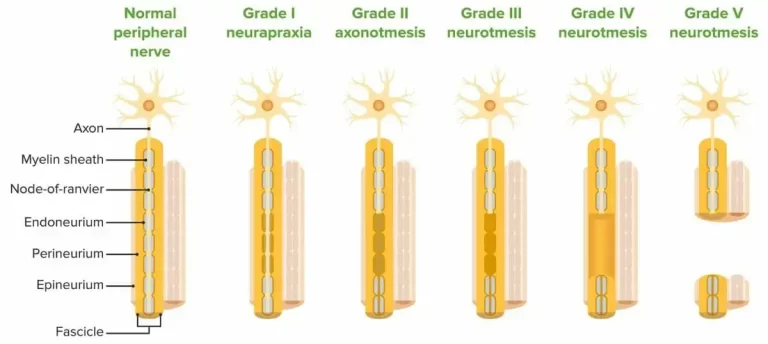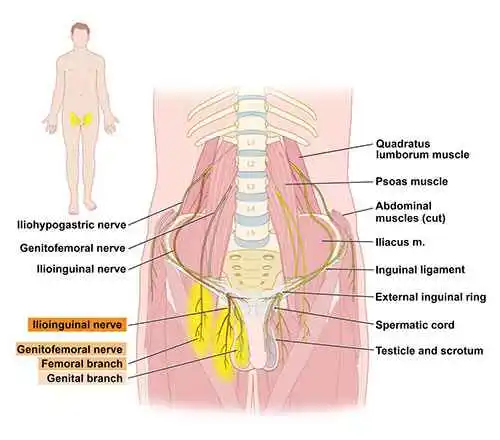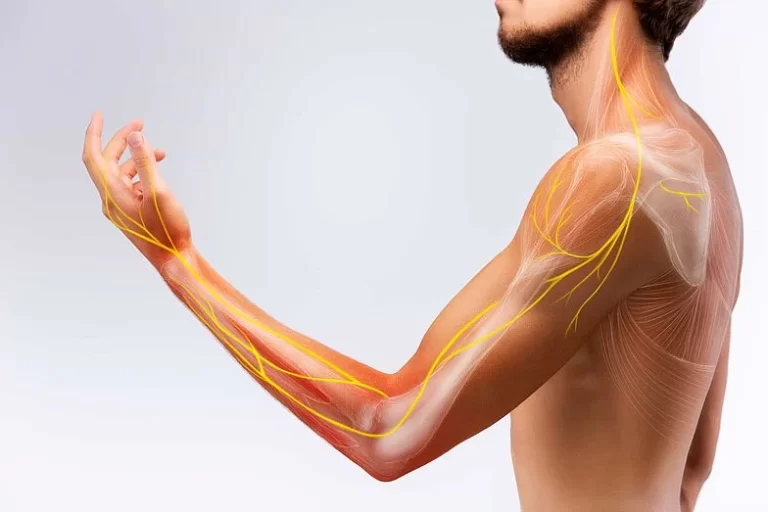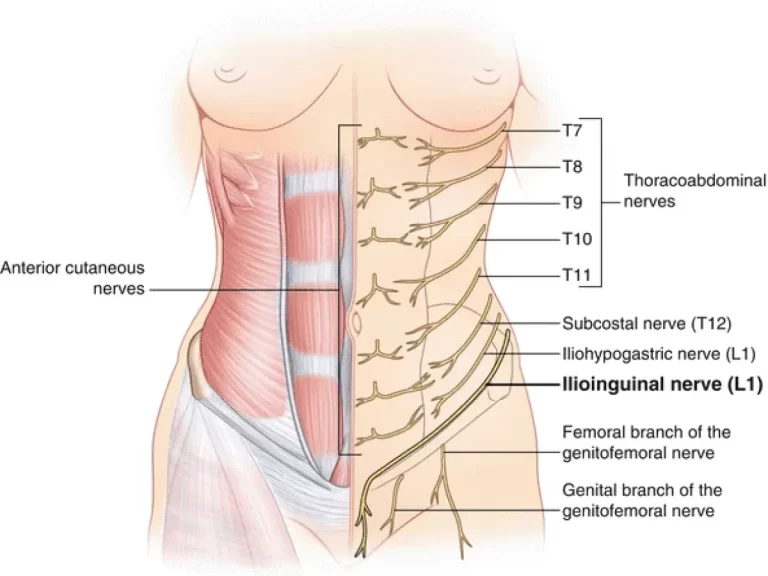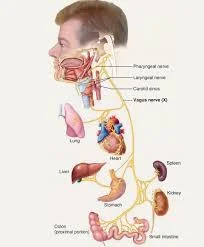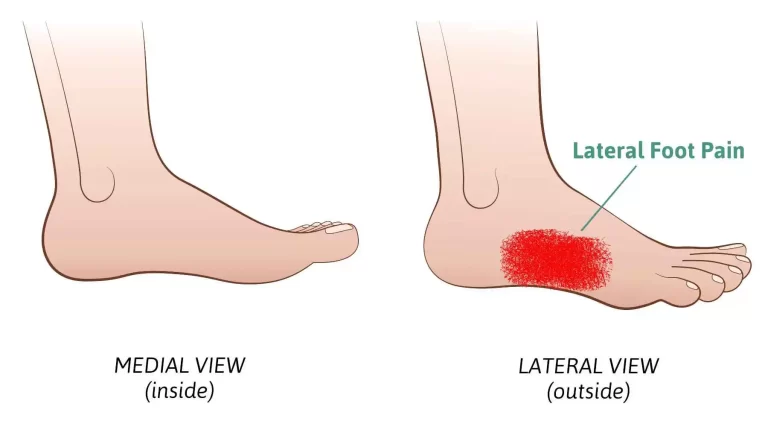Types of Nerve Injury
Nerve injury is nerve impairment caused by different processes, including compression, stretching, laceration, or burning. It can be classed based on whether the nerve fibers are severed or intact, which affects the prognosis and the requirement for medical treatment. What is Nerve? Types of Nerve You have two major types of nerves: Two primary types of…

